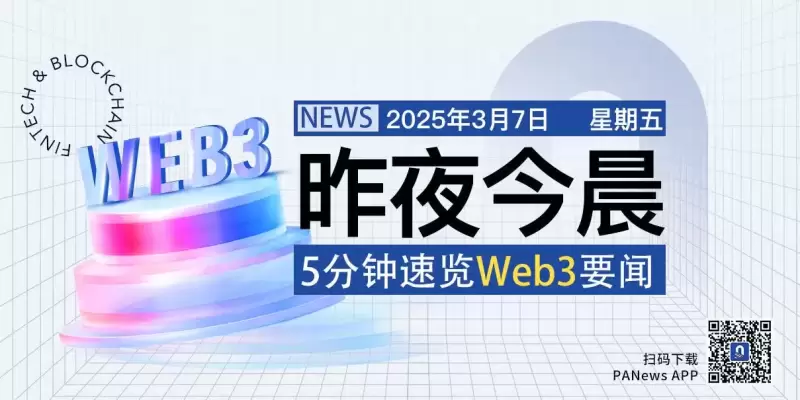Under the leadership of President Nayib Bukele, this Central American country is establishing itself as a forerunner in cryptocurrency adoption.

El Salvador has reached a new milestone in its cryptocurrency journey by adding one more Bitcoin to its national wallet, bringing the total to 6,000.77 BTC. This acquisition, valued at $569.3 million at current prices, is part of a strategy to transform Bitcoin into a cornerstone of the country's economic and diplomatic approach.
Since 2021, when El Salvador became the first country to adopt Bitcoin as legal tender, the government has pursued a policy of regular purchases, aiming to consolidate its unique position in the global crypto landscape. According to the National Bitcoin Office, these purchases have been made at an average cost of $45,450 per unit, generating a notable return of 108.02 %.
This new investment comes amid differing perspectives on El Salvador's economic choices. The International Monetary Fund (IMF) has notably renewed its warnings, urging the country to reduce its exposure to cryptocurrencies. Despite this criticism, Stacy Herbert, director of the National Bitcoin Office, stated in a post on X (formerly Twitter) on December 19, 2024, that Bitcoin “remains our main strategy.” This statement reflects El Salvador's determination to maintain its trajectory despite the doubts expressed by global financial institutions.
El Salvador now asserts itself as a full member of an exclusive circle of nations, alongside the United States, China, the United Kingdom, Ukraine, and Bhutan, which hold over 6,000 BTC. This positioning reflects an ambitious strategy aimed at placing the country at the heart of the global cryptosphere to attract foreign investments.
In this perspective, the Bukele government has multiplied initiatives, notably by forging strategic partnerships. Among them, the agreement with Bitget aims to strengthen local crypto infrastructure and promote broader adoption of these assets within the population.
However, this policy continues to provoke sharp criticism on the international stage. The agreement signed with the International Monetary Fund (IMF), amounting to $1.4 billion, remains under tension, as the IMF insists that the country limits its exposure to Bitcoin.
Meanwhile, questions are multiplying regarding the management of the “Chivo Wallet,” an application developed by the state to facilitate Bitcoin transactions. According to recent statements, this solution could be replaced by private alternatives, raising doubts about the continuity of public efforts to frame the use of cryptocurrencies. These challenges illustrate the complexity of such an initiative, which is both a source of economic opportunities and political controversies.
The strategy adopted by El Salvador raises questions about its long-term economic viability and the potential consequences for its financial sovereignty. Through its investments in Bitcoin despite warnings from international organizations like the IMF, the country establishes itself as a unique laboratory for the national integration of cryptocurrencies. This choice, bold but controversial, could both enhance El Salvador's economic attractiveness and exacerbate its financial and diplomatic vulnerabilities.





















































































